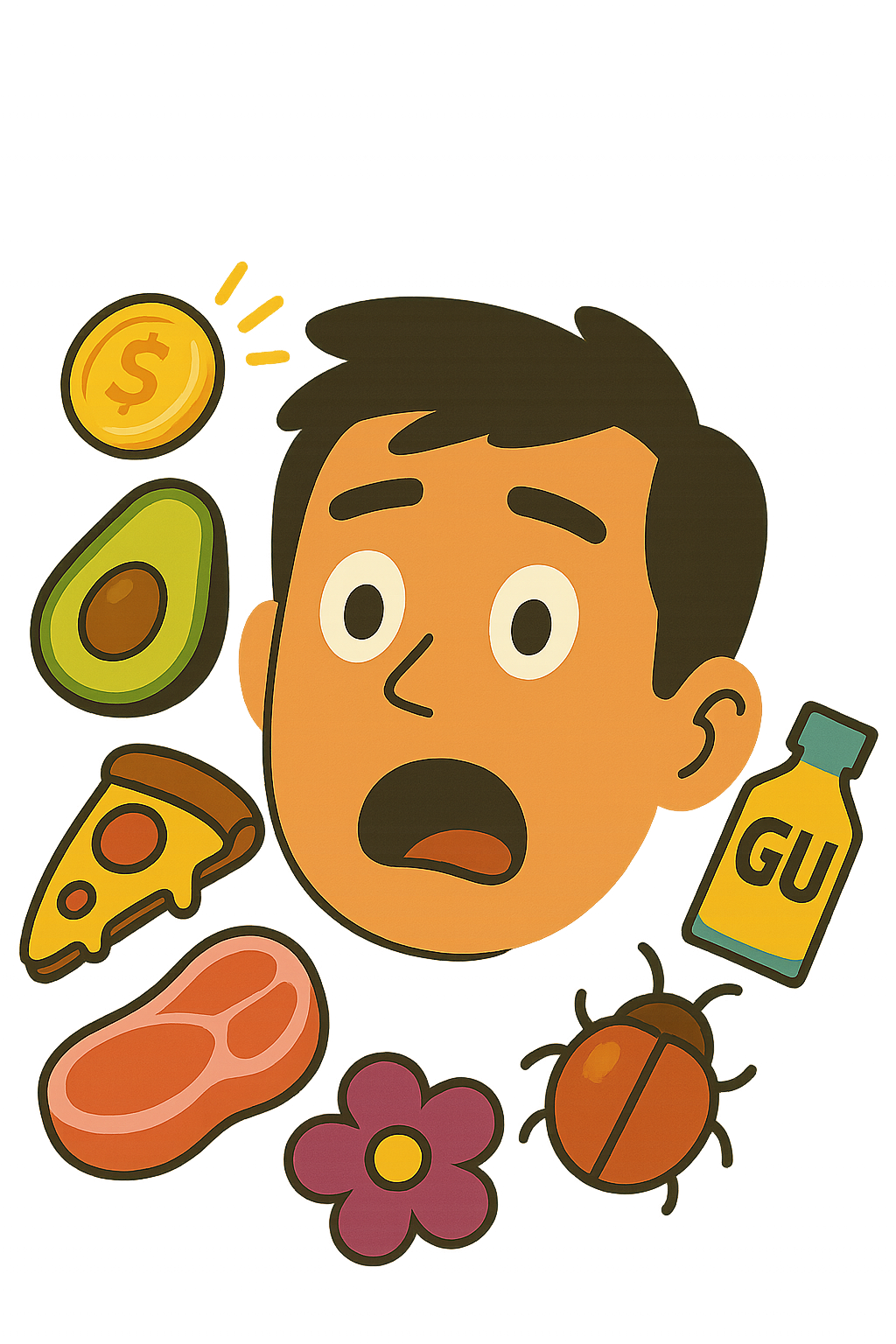Can you eat cassava?
Quick Answer
Yes, but only when properly cooked.
Cassava, also known as yuca, is a root vegetable that is a staple food in many parts of the world. However, it contains naturally occurring cyanide compounds that can be harmful if consumed raw or improperly prepared.

What Is It?
Cassava is a root vegetable native to South America. It’s a major source of carbohydrates and calories for people in developing countries.
Historical Context
Cassava has been cultivated and eaten for thousands of years by Indigenous peoples in South America. It was introduced to Africa by Portuguese traders in the 16th century.
Why It Can Be Risky
While cassava is a nutritious food, it can also pose health risks if not prepared correctly.
- Cassava contains cyanogenic glycosides, which can release cyanide in the body when consumed raw or improperly cooked.
- Long-term consumption of improperly prepared cassava can lead to chronic cyanide poisoning, a condition known as konzo.
Safe Method?
To safely eat cassava, it should be peeled, sliced, thoroughly cooked, and then soaked in water overnight to reduce its cyanide content.
Safe Alternatives
If you’re unable to properly prepare cassava, alternatives could include other root vegetables like potatoes, sweet potatoes, or yams.
Storage Tips
Store cassava in a cool, dark place and use it within a few days of purchase to ensure it remains fresh.
Preparation Tips
Before cooking cassava, make sure to peel it thoroughly, as the peel contains high levels of cyanide. Also, never consume it raw.